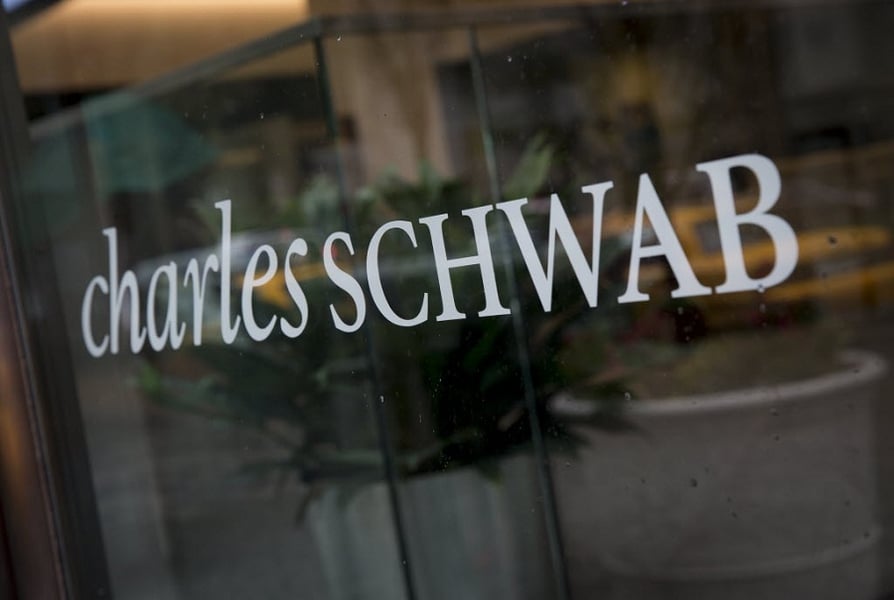

It’s not quite the nearly $1 billion blunder that Citigroup Inc. made last summer, but Charles Schwab Corp. said it accidentally sent more than a million dollars to the Fidelity Brokerage Services account of a woman in Louisiana.
Schwab blamed an “issue created by a software enhancement” for erroneously transferring $1.2 million in February to the Fidelity account of Kelyn Spadoni, rather than the $82.56 she had requested, according to a lawsuit filed in federal court in New Orleans last month.
When the company realized the mistake and attempted to take the money back, it was gone and Spadoni wasn’t answering her phone, the bank said.
Spadoni, 33, of Harvey, Louisiana, was arrested earlier this week and fired from her job as a 911 dispatcher, nola.com and WVUE-TV reported, citing the Jefferson Parish Sheriff’s Office. Spadoni, who remains in jail, had used some of the money, most of which has been recovered, to buy a house and a 2021 Hyundai Genesis sport utility vehicle, according to the reports.
The sheriff’s office didn’t immediately respond to a request for comment on the case.
Schwab didn’t immediately respond to an email seeking comment on the suit.
While Schwab’s blunder is among the technical errors such as misplaced decimal points and so-called “fat finger” mistakes that financial firms dread, it’s a trifle compared to the goof Citigroup made last summer. The bank meant to send an interest payment to Revlon Inc. lenders and instead wired them the principal, too, totaling $900 million. And that misadventure pales in comparison to Deutsche Bank’s inadvertent transfer of 28 billion euros ($33.4 billion) to one of its outside accounts in 2018.
The case is Charles Schwab v. Spadoni, 21-cv-635, U.S. District Court, Eastern District of Louisiana (New Orleans).

Can an annuity help your clients get there?

The leadership changes coming in June, which also include wealth management and digital unit heads, come as the firm pushes to offer more comprehensive services.

Strategist sees relatively little risk of the university losing its tax-exempt status, which could pose opportunity for investors with a "longer time horizon."

As the next generation of investors take their turn, advisors have to strike a fine balance between embracing new technology and building human connections.

IFG works with 550 producing advisors and generates about $325 million in annual revenue, said Dave Fischer, the company's co-founder and chief marketing officer.
RIAs face rising regulatory pressure in 2025. Forward-looking firms are responding with embedded technology, not more paperwork.
As inheritances are set to reshape client portfolios and next-gen heirs demand digital-first experiences, firms are retooling their wealth tech stacks and succession models in real time.
